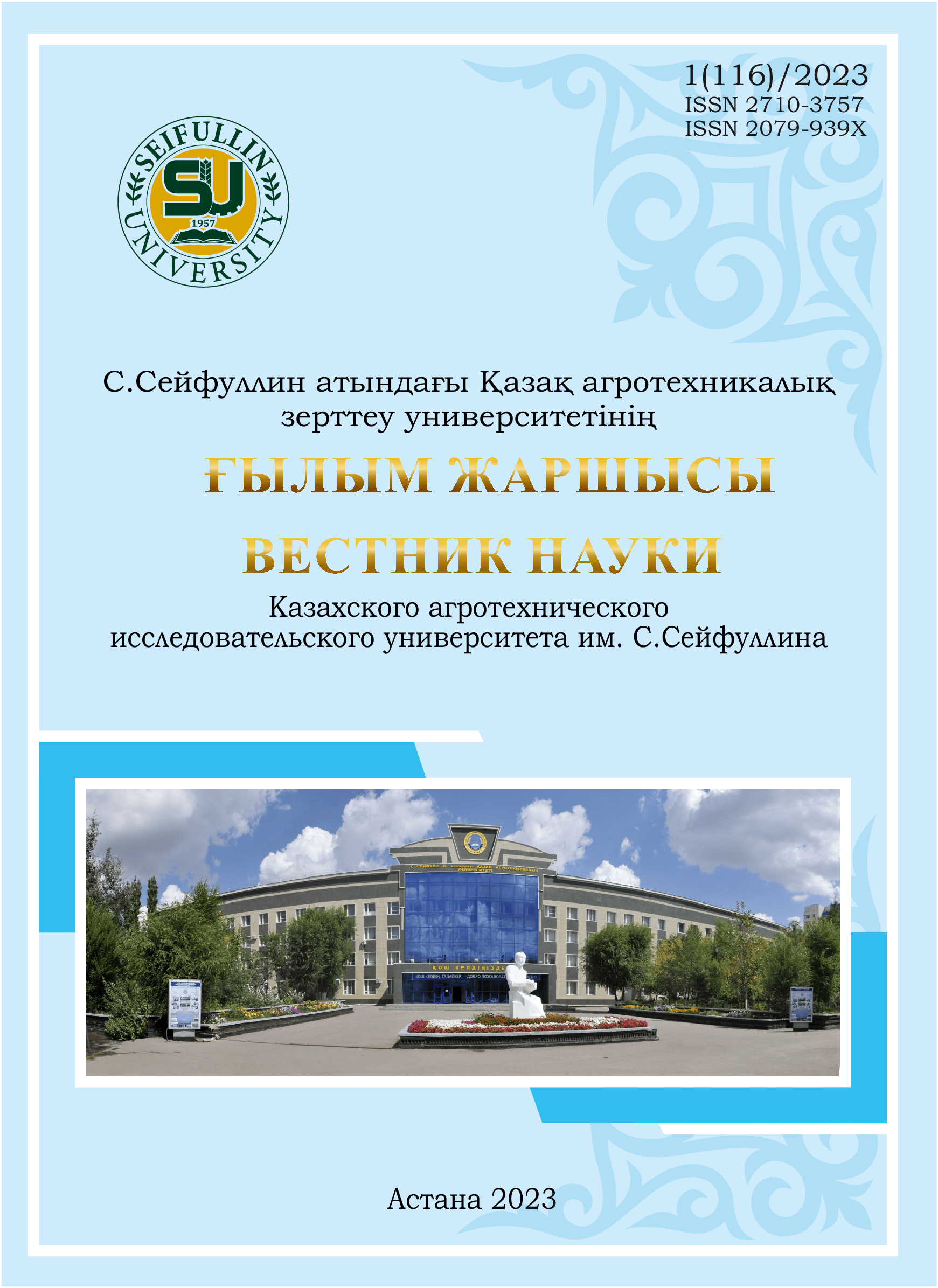INVESTIGATION OF BLANCHING MODES EFFECT OF FRUIT RAW MATERIALS ON THE ENZYMES ACTIVITY
DOI:
https://doi.org/10.51452/kazatu.2023.1(116).1322Keywords:
BAA; fruits; apples; pears; blanching; ultrahigh frequency heating; enzymes.Abstract
To date, it is relevant to preserve the quality of the production of biologically active additives where it is necessary to pay attention to the biological processes that occur in fruit and berry raw materials, for example, changes in the activity of ascorbic oxidase, peroxidase and polyphenol oxidase enzymes. Such redox enzymes can cause darkening during heat treatment and storage, which can lead to poor quality of the final product. One of the ways to inactivate enzymes in plant raw materials is blanching. Recently, new methods of blanching vegetable raw materials have been studied in the world, since traditional blanching methods increase the processing time of raw materials, and also do not completely reduce the activity of enzymes. In this article, the effect of heat treatment by microwave heating on the change in the activity of ascorbic oxidase, peroxidase and polyphenol oxidase enzymes in the fruits of apples and pears of domestic selection was investigated. In the course of the work, it was found that when blanching with steam, more time is needed for inactivation of enzymes, whereas when using microwave heat treatment, inactivation of enzymes occurs by 4 minutes, and at 5 minutes it is completely inactivated. The research was conducted on the basis of the M. Auezov South Kazakstan Univrsity, in the summer autumn period.

